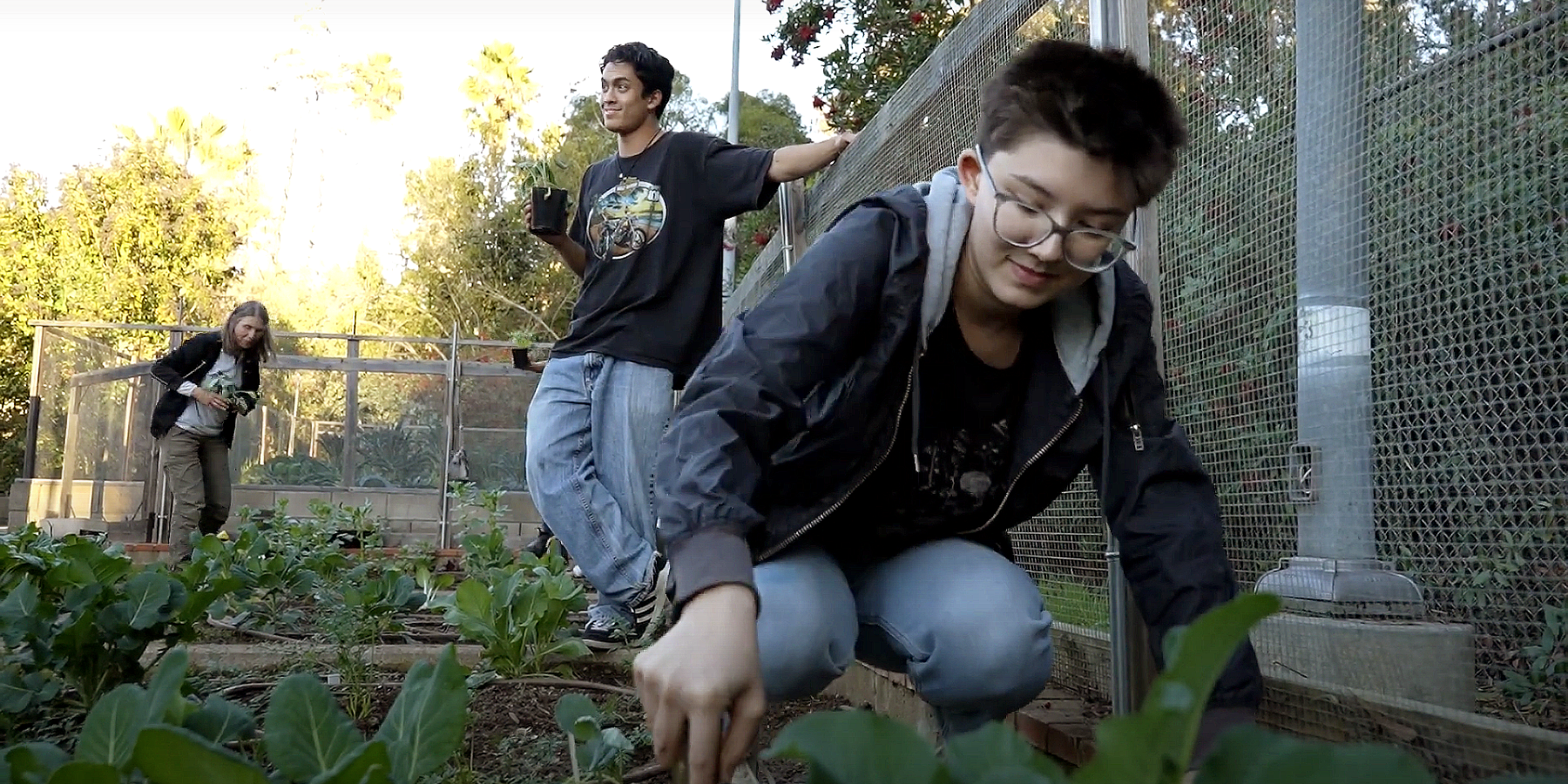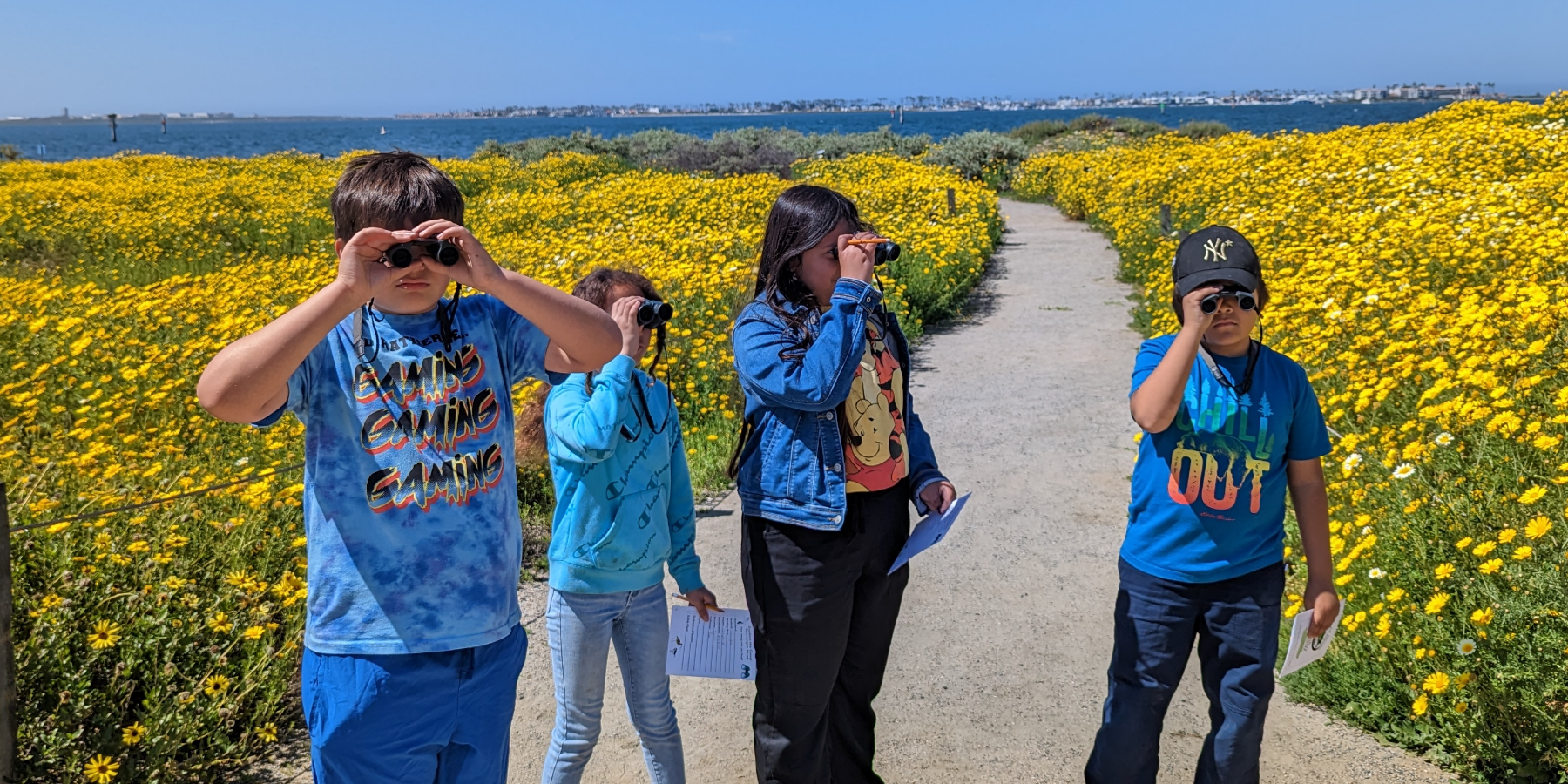This article first appeared in San Diego Business Journal on March 26, 2018. Cody Hooven is Chief Sustainability Officer at the City of San Diego. Nicola Hedge is Director of Environmental Initiatives at The San Diego Foundation.
We do not have to look far beyond the past year to imagine a future made more extreme by climate change — longer periods with no rain and intense drought, extreme heat events such as wildfires, and flooding that threatens coastal communities. These events will and are causing a significant impact on our quality of life. So why should San Diego’s regional business community care?
As history has shown, the impacts of a changing climate have far-reaching effects across San Diego County. Already this past decade, communities and businesses alike have been confronted with billions in damage and human suffering due to wildfires in 2007 and 2017.
[Tweet “The impacts of #climatechange have far-reaching effects across #SanDiego County”]
Each new climate-related event brings known and unknown dangers to our quality of life. For example, according to The San Diego Foundation report, “Economic Resilience: Water,” San Diego is likely to experience more intense storms in the future, posing a serious threat to the 4,500 businesses located in areas that are susceptible to flooding during heavy rainfall. Scientists project significant costs from such disasters.
Water Supply
The report also explains how our region’s three major industries — tourism, innovation, and the military — as well as other local businesses that comprise our $200 billion regional economy, rely on stable water supplies to operate and grow. Longer periods of drought can threaten our region’s booming innovation sector and overall economy.
While businesses are grappling with the problems of today, — competition, regulation and workforce quality, to name a few — impacts from climate change may seem theoretical and decades away, but the impacts are here. The good news is business, government, academia and philanthropy can work together to build resilience to climate change. In fact, in San Diego, we already are. Leading businesses are embracing science and finding ways to ensure their operations are ready for future changes. San Diegans are often early adopters leading by example for the rest of the country.
Solutions Can’t Wait
The decisions we make today about community development, infrastructure design and conservation will have lasting effects on our quality of life in the decades to come. When California first passed the landmark Global Warming Solutions Act in 2006, only two communities in our region were planning for climate change. Today, 18 out of San Diego County’s 19 local governments have adopted or are currently developing climate action plans to reduce emissions. And, “resilience” is one of City of San Diego’s five bold action steps within its Climate Action Plan.
Most cities throughout San Diego have expressed a commitment to adopt stronger strategies and policies to address climate change. Moving toward implementation is the next step. This year, the City of San Diego and other cities will place an even greater emphasis on building regional resilience against climate change. From expanding our urban forest to minimizing storm water runoff and improving water conservation and re-use, to building green and using alternative energy sources, our local leaders are moving forward to ensure our region remains a thriving, vibrant place to work, live and play.
Business Role
Business leaders can help by engaging in the conversation, and supporting policy and planning efforts to continue to proactively build resiliency across the region. San Diego businesses are beginning to tackle the challenge of adapting to climate change, reducing their contribution to the problem and finding opportunity in such actions. With forward-looking planning, along with regionwide support and innovation from businesses, we can ensure current and future generations of San Diegans have a healthy environment, strong economy and vibrant quality of life.



